And so, as a Canadian by birth, I want to blog, and I hope you will join me in my discomfort as I bumble my way through what can only be described as a difficult state of affairs in our country right now.
Over the past several weeks, I have been immersing myself in (un)learning.
Now that protests have shut down the railroads across Canada, mainstream media is finally reporting on a story that I‘d become aware of some months ago already, largely because of a promise I’d made to myself to diversify who I follow on social media. As a result of this promise, I began to follow a white „settler“ who speaks out fiercely and courageously in favour of indigenous folks. Through her Instagram acct, I happened upon more and more accts that were telling the story of what was unfolding in BC, on land that — as it turns out — is unceded and in fact by Canadian Law itself was never traded to Canada, and therefore technically still under Indigenous law: 22 000 square km of Wet‘suwet‘en territory is not covered by any treaty with the Canadian State, and therefore not really subject to colonial rule (or, as Trudeau likes to call it, rule of law).
Well, depending on who you ask.
To be honest, it‘s a big, complicated mess, one made more complicated by the fact that many Canadians my age are wrestling with the realization that we were taught a history growing up that not only included huge gaps, but also potentially downright untruths. Incorrect facts. Corporate lies designed to keep up the myth of the colonialist state of Canada, along with its system of oppression for anyone who might interfere with the machine‘s path forward. So for some of us, it‘s a long, messy road to understanding the various salient details and diverse perspectives that contribute to (or in some cases actively hide) „The Truth“!
As those of us who avail ourselves of the opportunity to unlearn those lies re-educate ourselves through the images and text freely available through an increasing variety of social media and other outlets, we are shocked and appalled at what is unfolding here in our diverse and „inclusive“ country.
We shouldn‘t be shocked, however. Oppression, as I am learning, is not new in Canada.
While I have known bits and pieces of our „not like in the US“ sham of a history, as 2020 unfolds, I am learning more. And the details are disturbing.
White people and other „settler“ Canadians: If you haven‘t already done so, I urge you to pick up a copy of Desmond Cole‘s „The Skin We’re In“. It‘s a must read for any Canadian. Affirming for Black and Indigenous Canadians, and an important wake up call for those of us who are not.
So I‘ve been reaching out to the few indigenous folks I know. (The photos above are from a passage about people of colour generally, and black people in particular. But Cole draws lots of connections to the plight of Indigenous people in Canada, and spends a full chapter specifically on that topic.)
Dinner last night with a student pilot friend who is studying at a school located on reserve here in Ontario yielded a reminder that even today, post-secondary institutions of knowledge - if they are geared toward First Nations - may not enjoy the clean water that most of us take for granted when we turn on the tap at home. Yes, in this day and age in a „first world country“, her school has to provide bottled drinking water, and the poor woman has to shower in toxic stew while she studies here for four years!!!
My general message of support to a friend on PEI, my beloved east coast island, yielded in return a text with photos of the blockade she‘s supporting at the bridge. Confederation Bridge. Named for something that most Canadians would think of as a unifying symbol. And yet, we spend millions on bridges and pipelines while indigenous women are disproportionally sexually assaulted, kidnapped and murdered, while many of Canada‘s indigenous population continue to be relegated to insufficient, out of the way reserves with no access to clean drinking water, with crumbling or no schools past elementary, while indigenous people continue to be disproportionately represented in data on unemployment, illiteracy and incarceration. How can we then consider ourselves a „unified“ nation?!
We righteously shake our fists at the injustices we read about around the world, and write cheques to support poor children across the globe, while turning a blind eye to the systemic injustice and careful brainwashing and bias-building our own tax dollars support right here at home!
While the mainstream media is beginning to report on the uprising that has been building now for some months, they are careful to include nice, clean photos of protests, rather than the blood on the snow and heavily armed RCMP with guns in peaceful protester‘s faces that are captured in the photos from people actually on the front lines.
While articles like this one offer a good primer for those still new to the topic, they - like my history classes in elementary school - include lots of gaps! I therefore urge my fellow settler Canadians to check out websites like Unist‘ot‘en and It’s Going Down, and follow accts like @gidimten_checkpoint, @decolonizemyself and @settle_in_settlers in Instagram to get a more fulsome picture of what’s actually happening.
I‘ve recently started reposting accts mentioned above to my IG stories, and I worry a little that my friends, family and colleagues might be a little annoyed by the abundance of activism and protest posts. Or perhaps at best, just swipe through. But I am pleasantly surprised by the refreshing and authentic messages I‘ve been receiving over the past few days, like the one below:
When matriarchs burned the Canadian flag and declared reconciliation to be dead earlier this week, a piece of me died inside. While many settler Canadians had not yet heard about it (it happened a day or two before the mainstream media picked up this story), those of us who had been following from afar already knew that we were entering a new reality, one which could not be navigated by simply rattling off the obligatory land recognition at the beginning of big, important meetings.
There is no going back.
Reconciliation as an official political policy may be dead, but I am hopeful that in this new age of instantaneous information sharing informed by an openness of some Canadians to a new (old!) way of being together, we can forge a new path forward.
Capital R Reconciliation may be dead, but reconciliation as a concept isn‘t. It‘s going to take a shit tonne of work and patience on all sides, especially as we bring along new supporters and gently but firmly leave behind those who refuse to be re-educated. But I am cautiously optimistic that if the Indigenous who continue to protect the important things on this land will also continue to teach those of us who want to be allies, and if we are willing to do the hard work, then there CAN be a beautiful new way ahead, together.
Who‘s in?
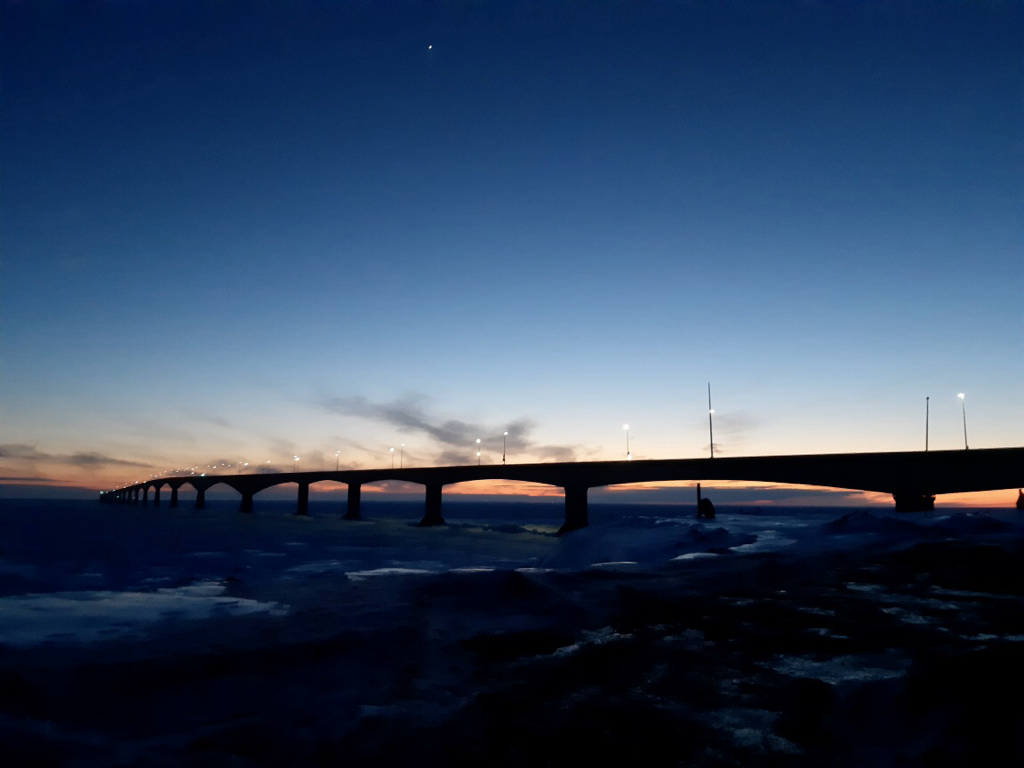
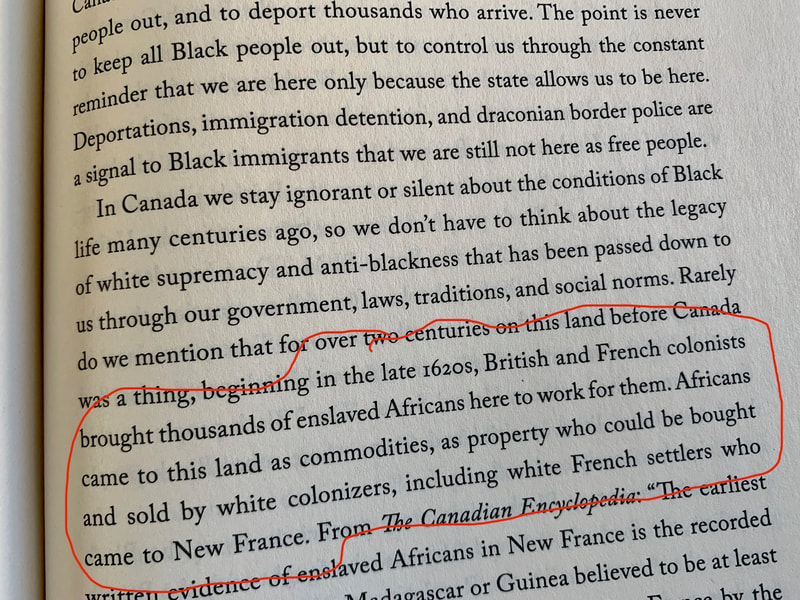
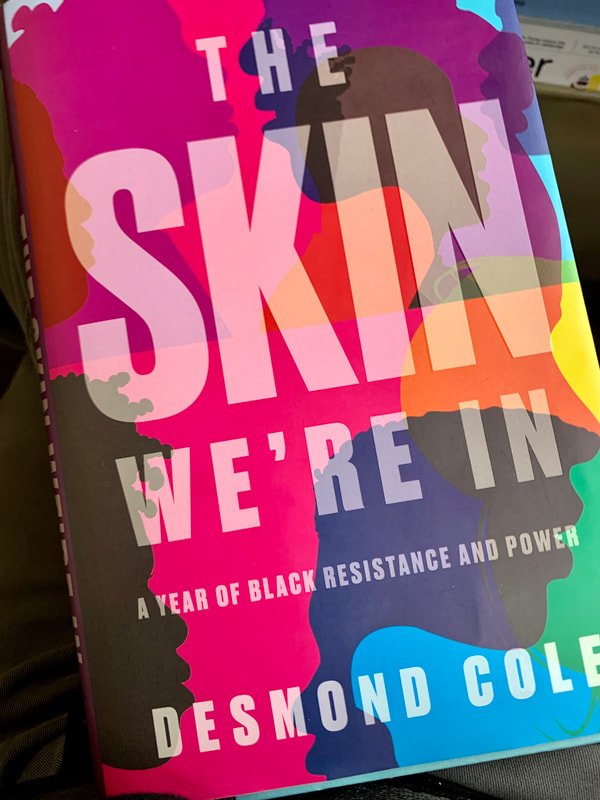
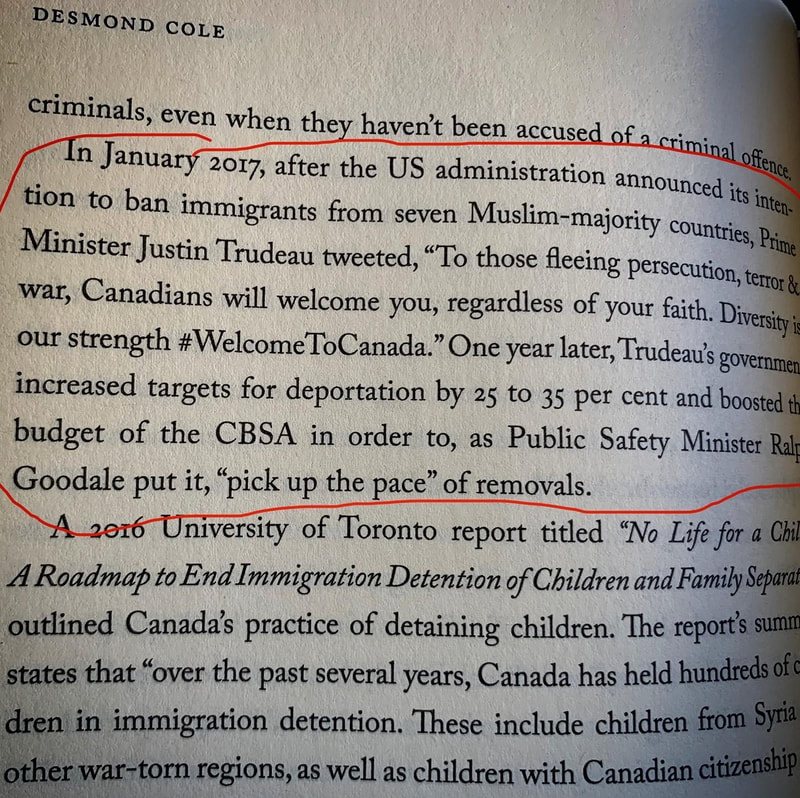
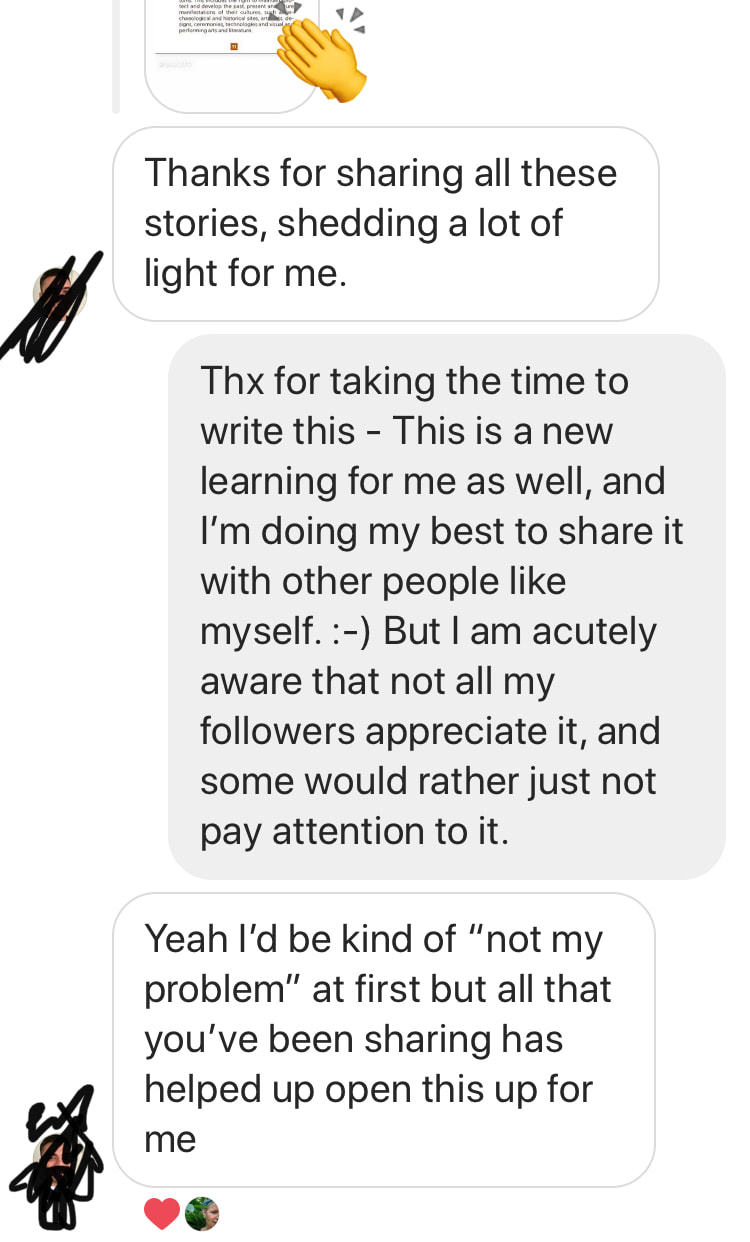
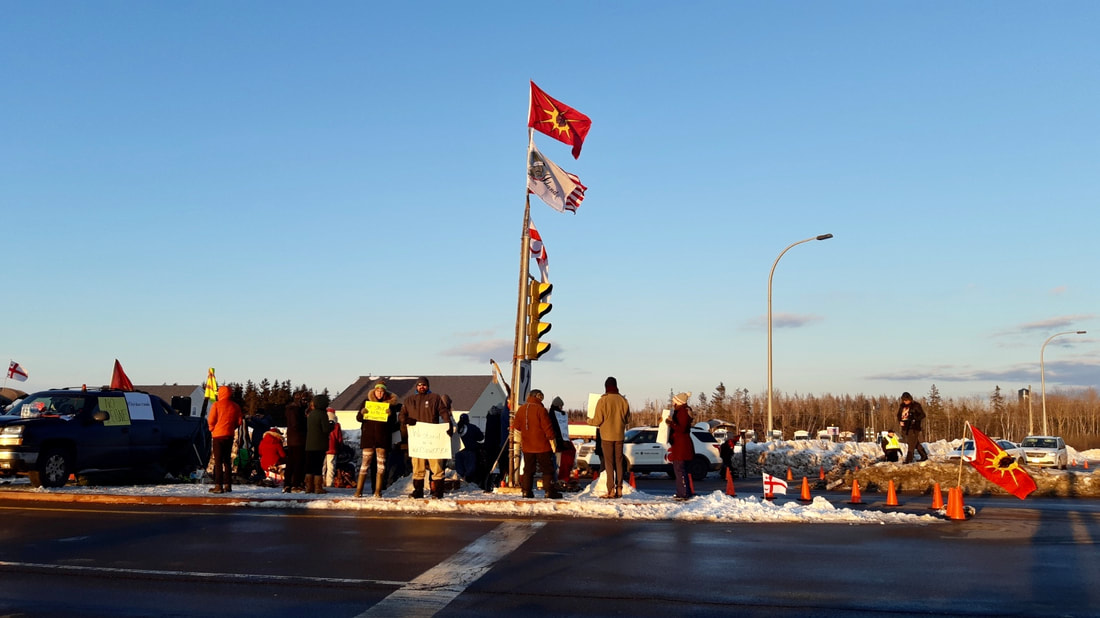
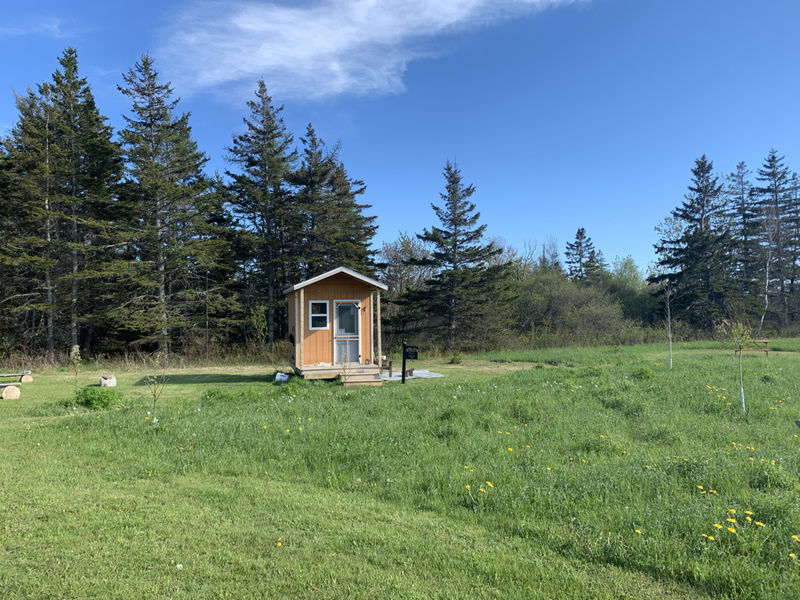
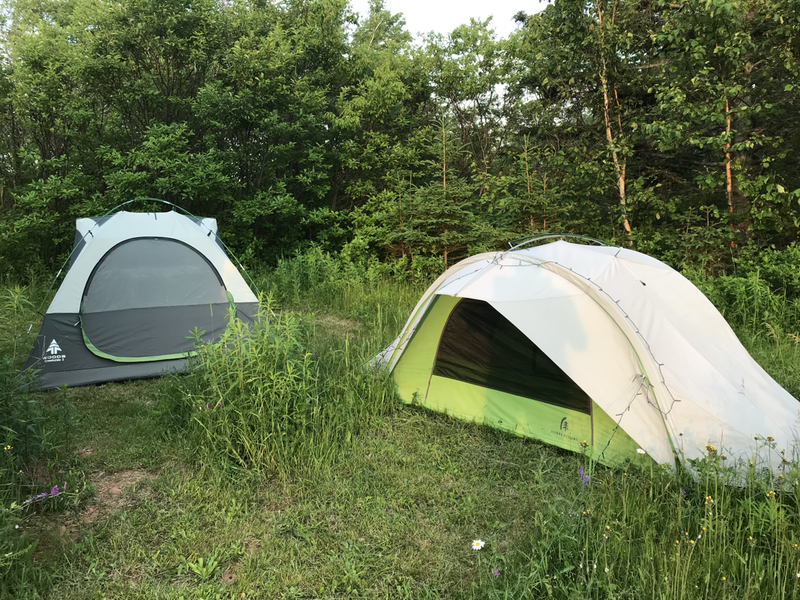

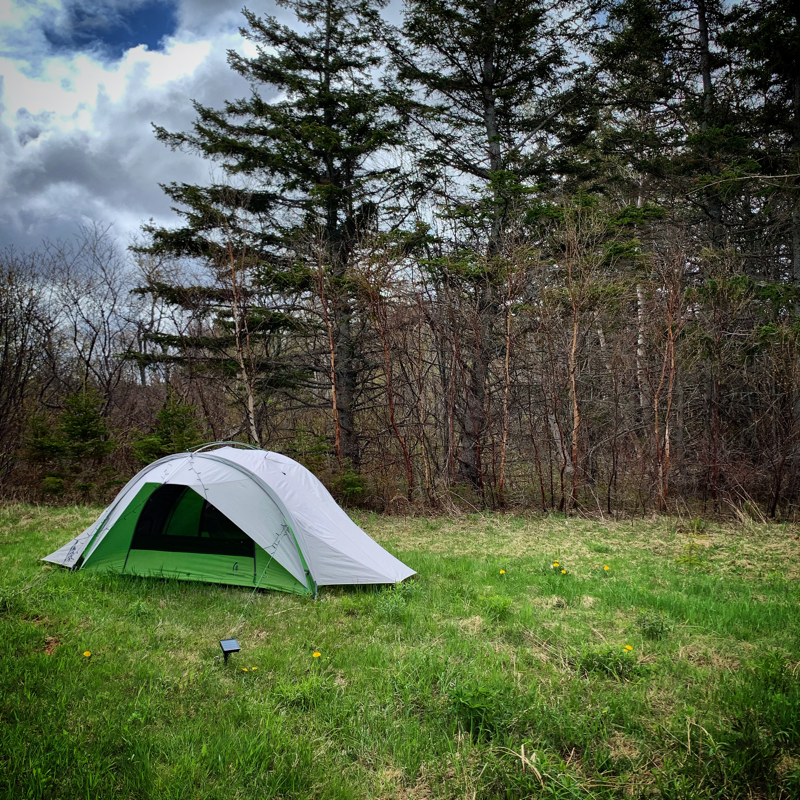
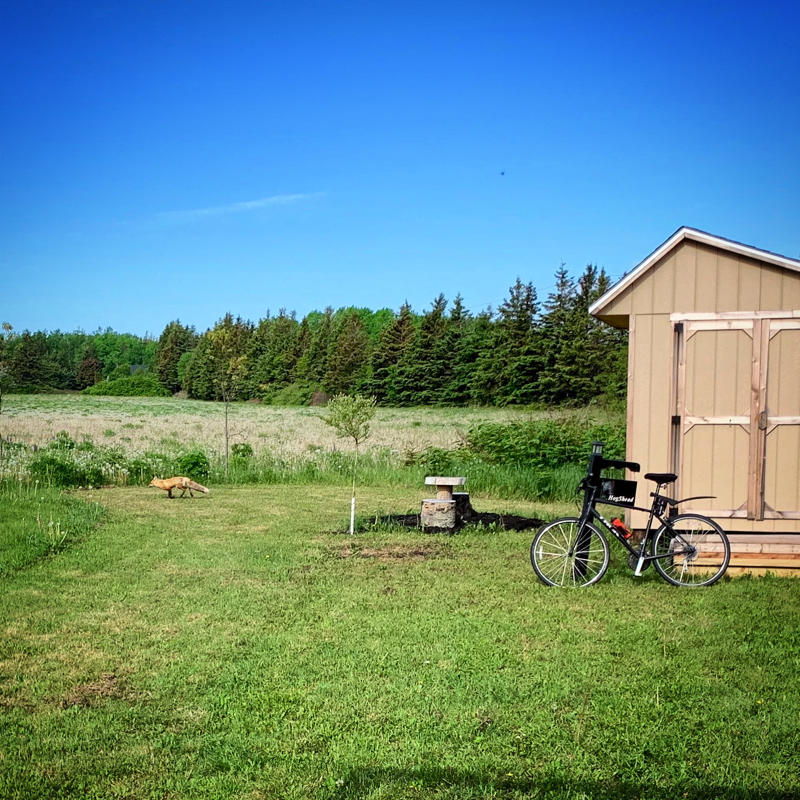
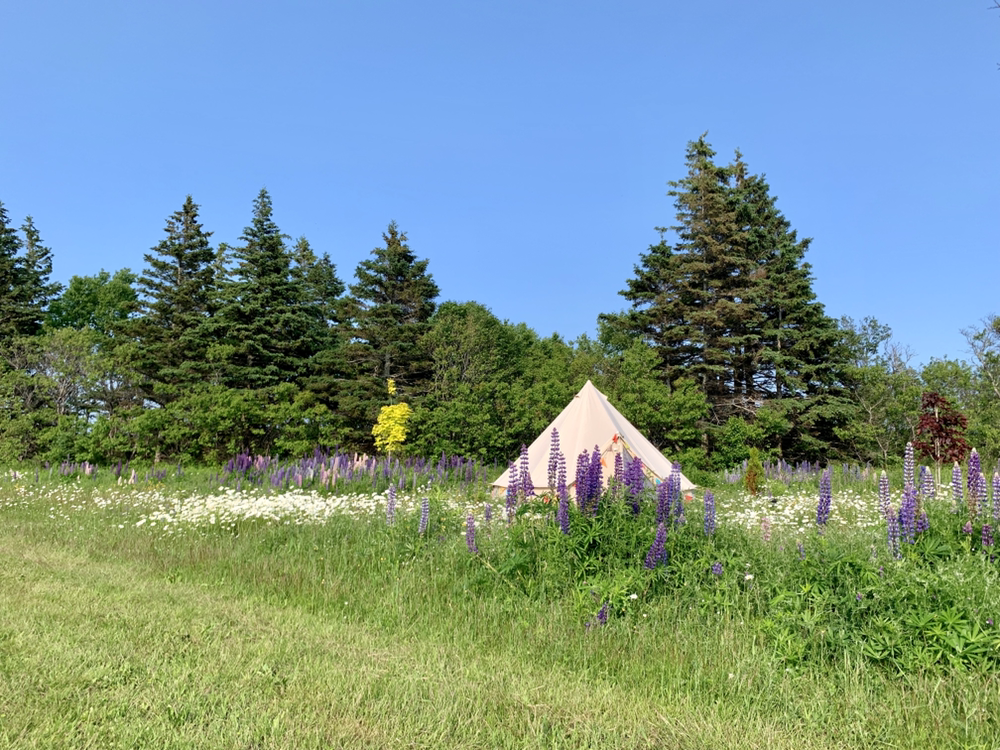
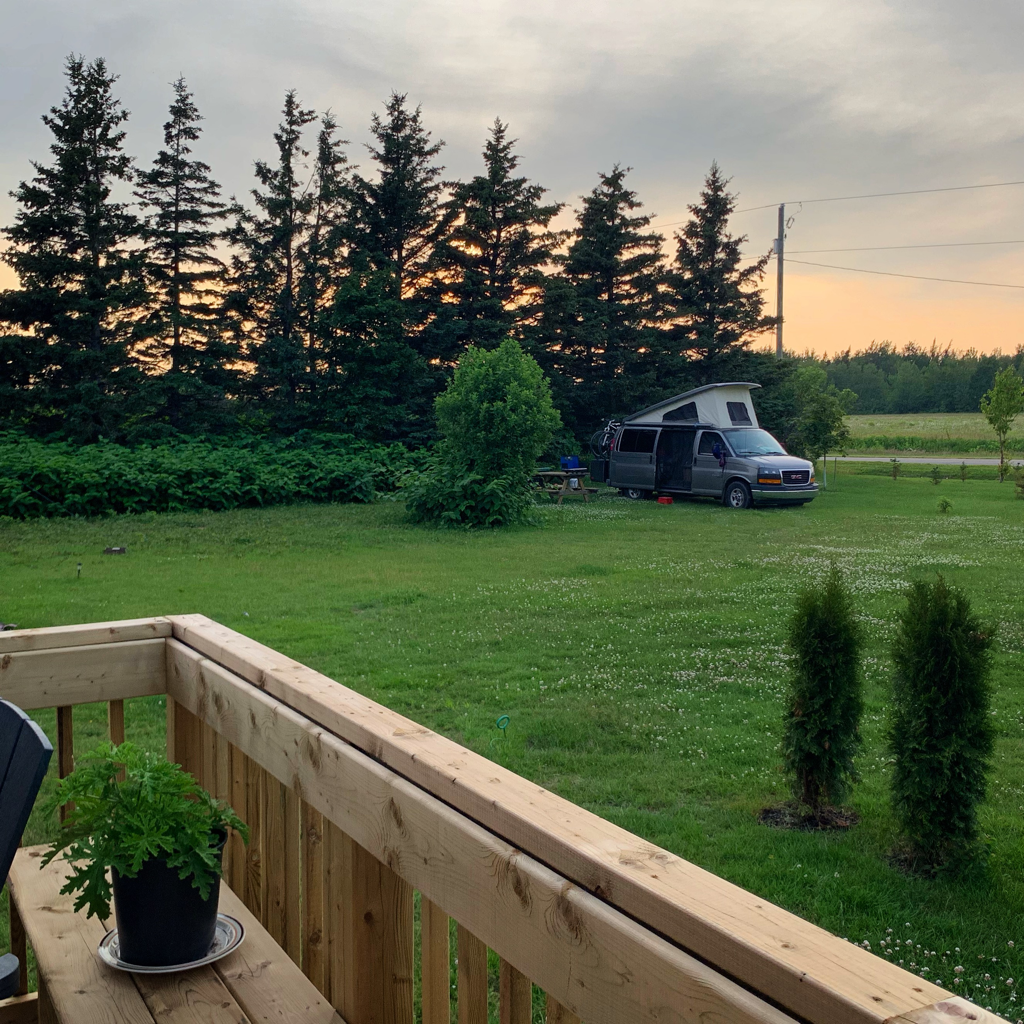

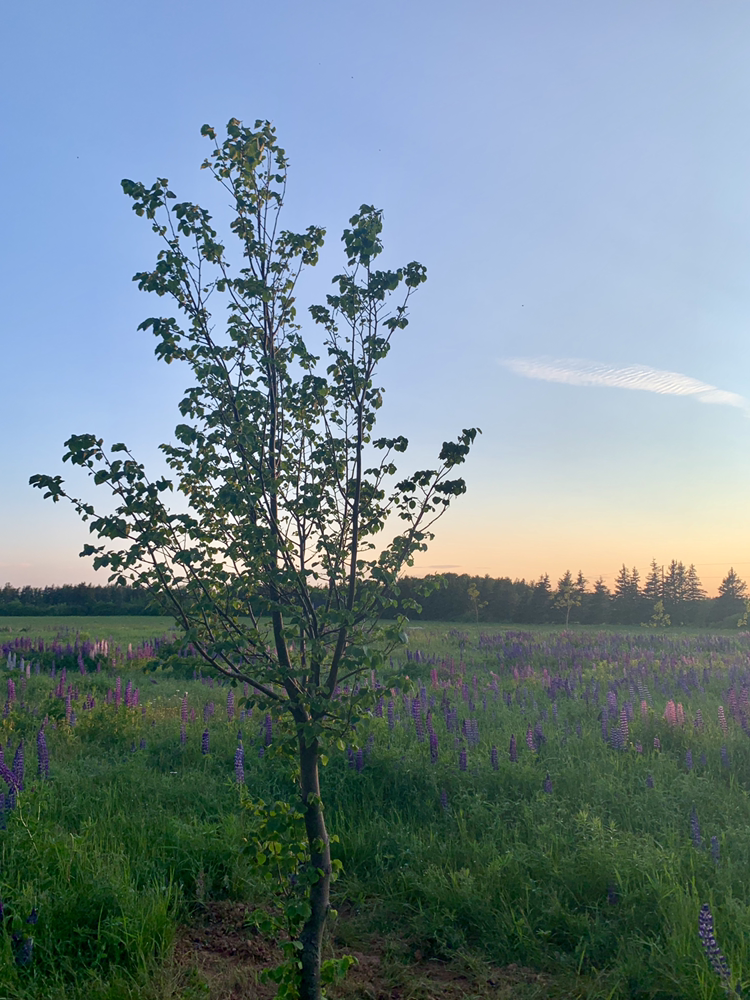
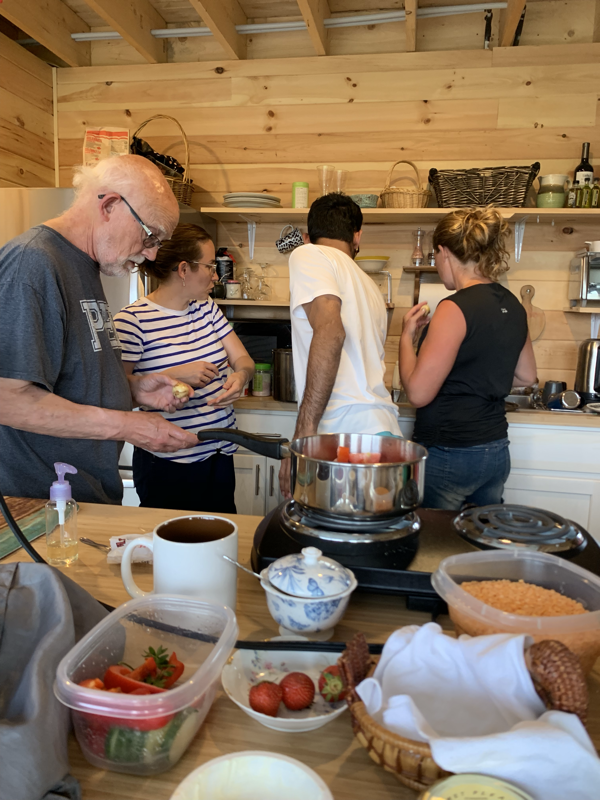
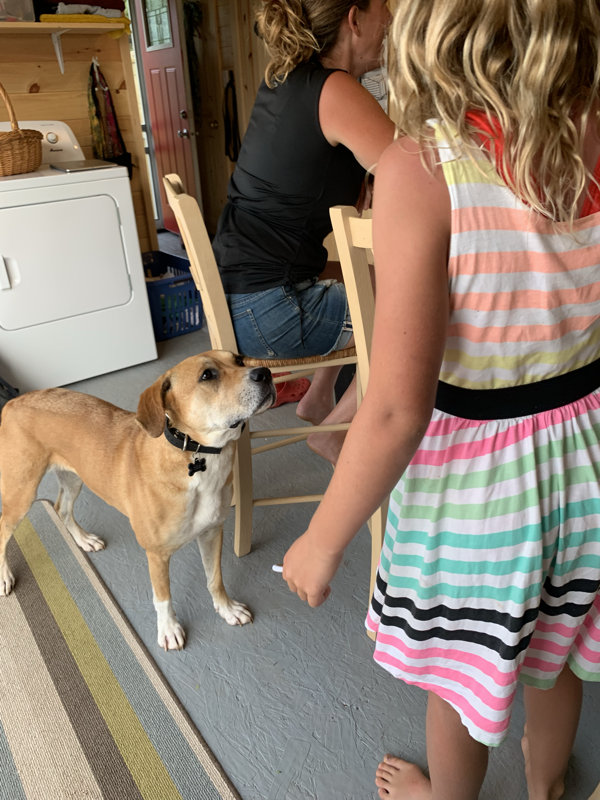
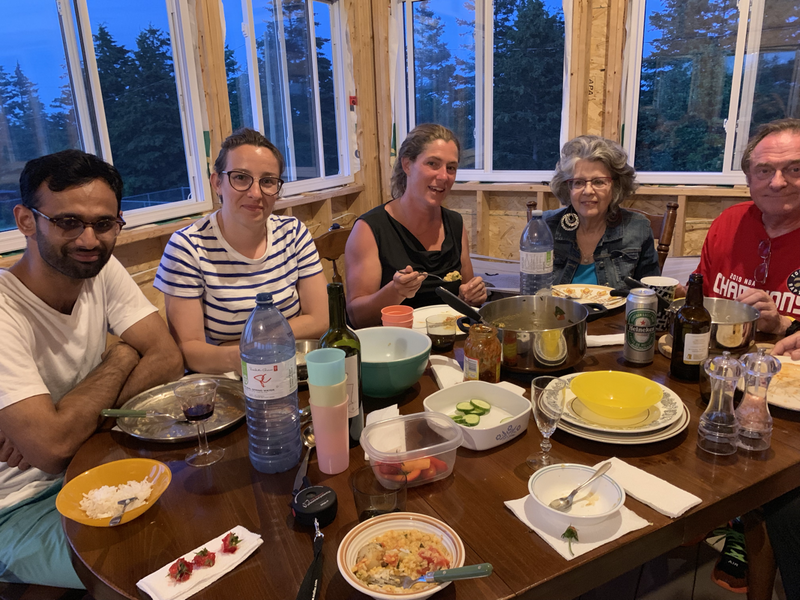
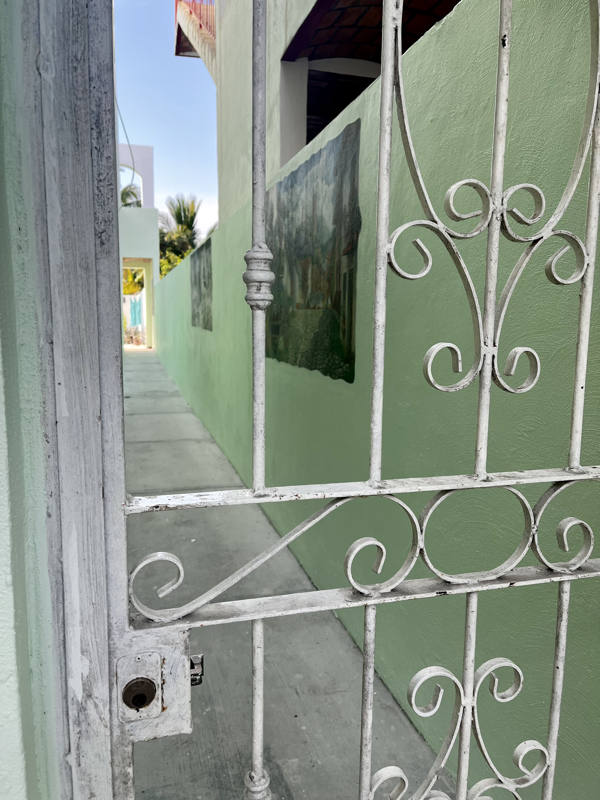
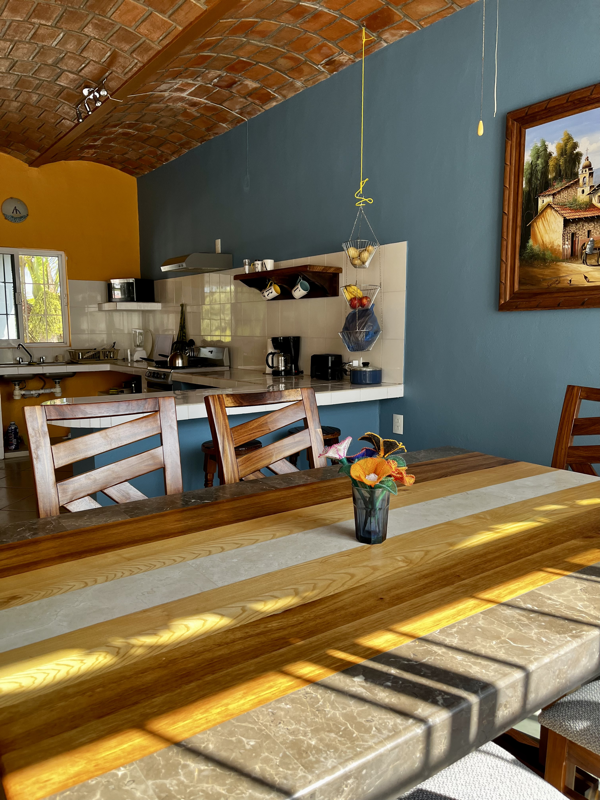
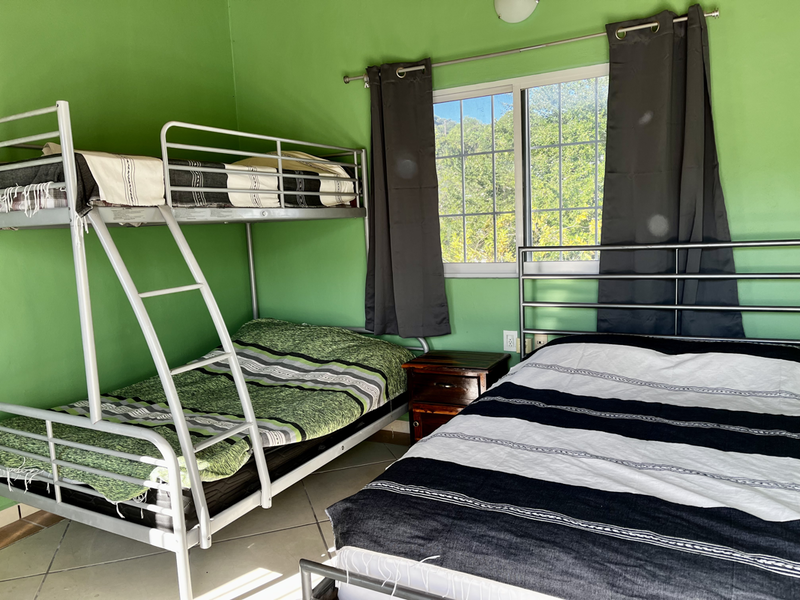
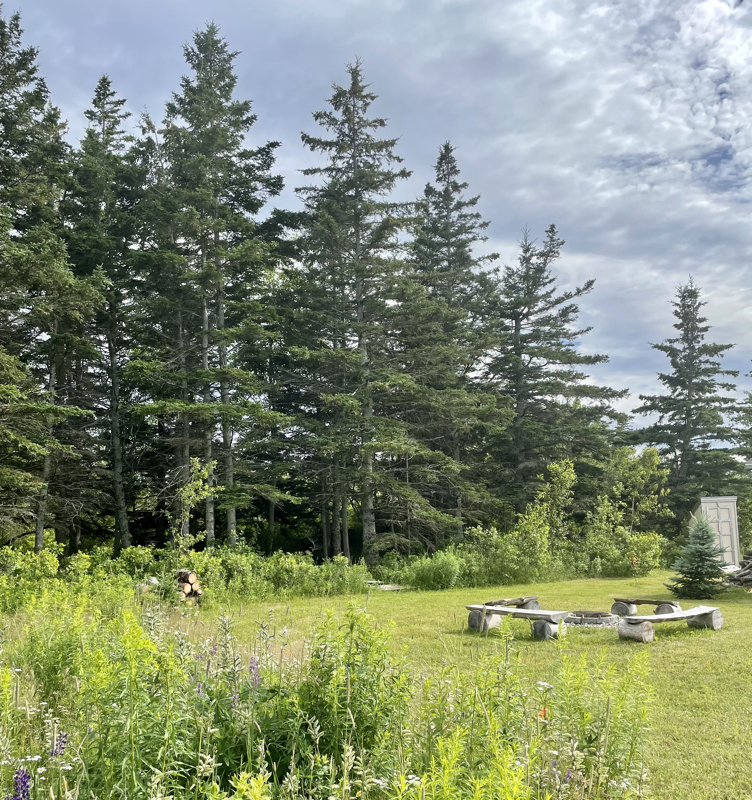

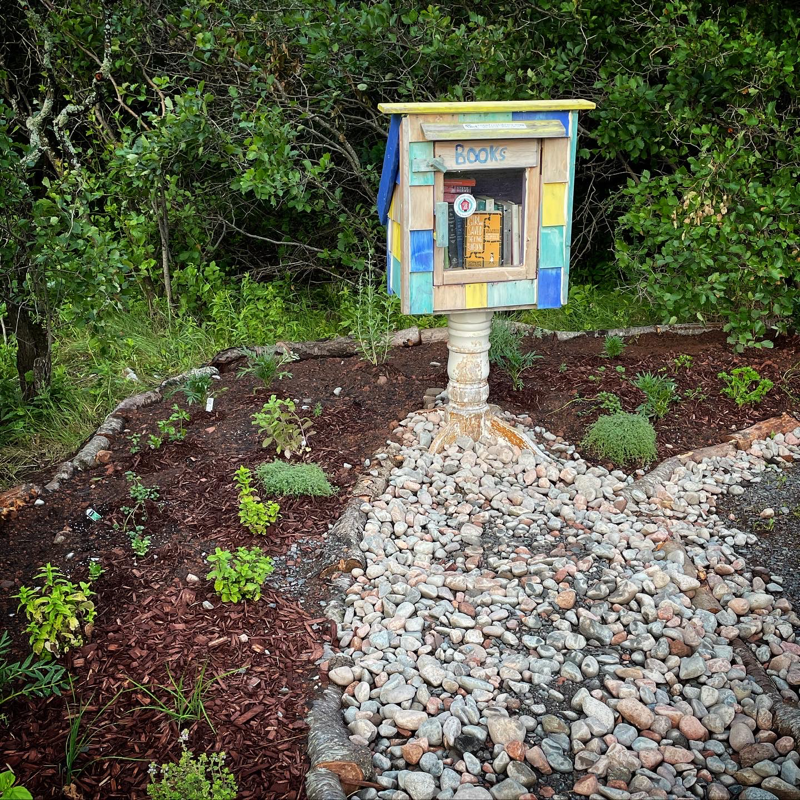
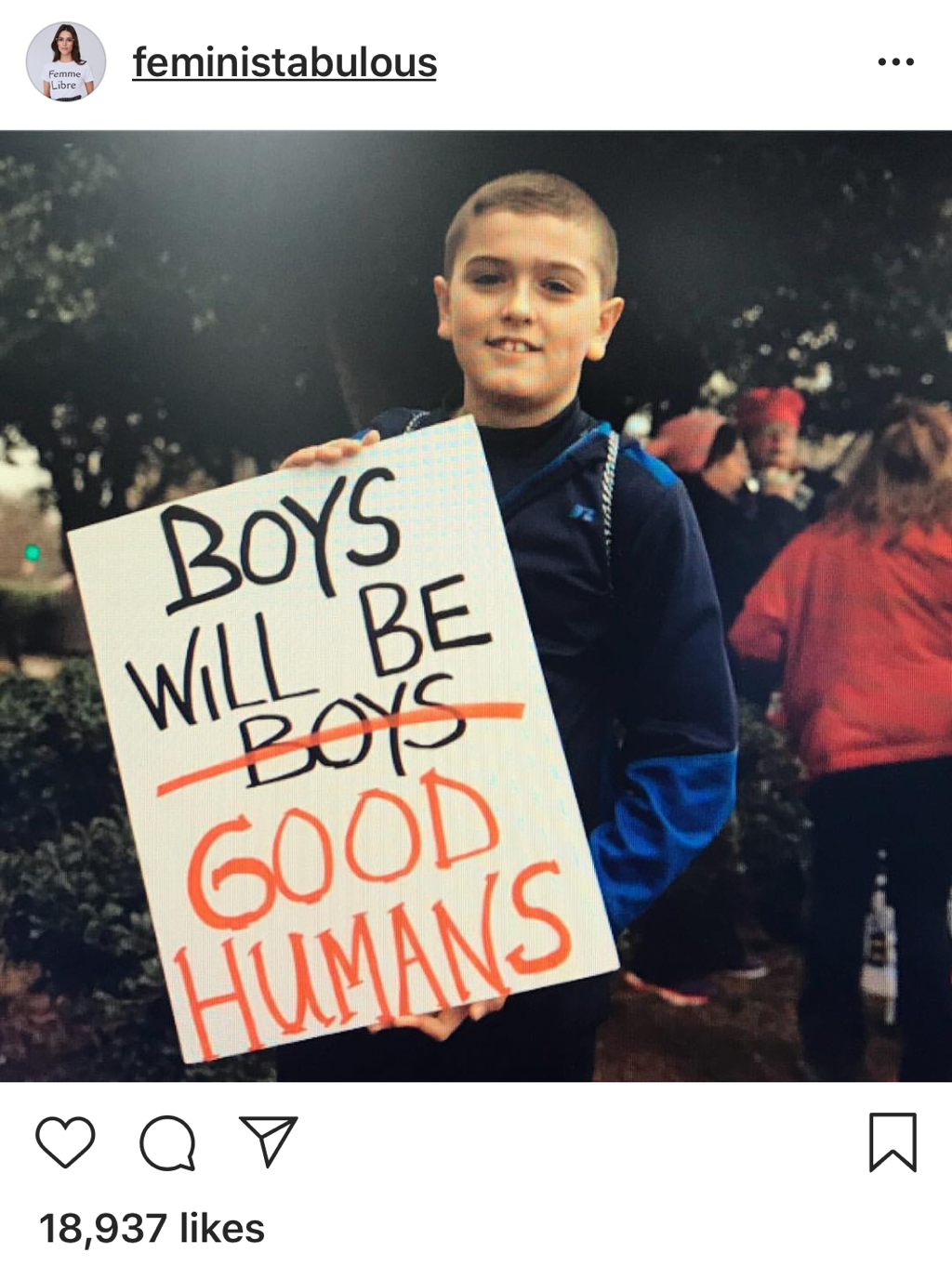
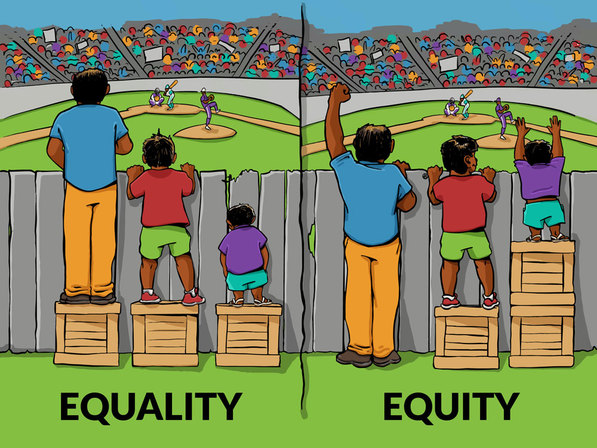
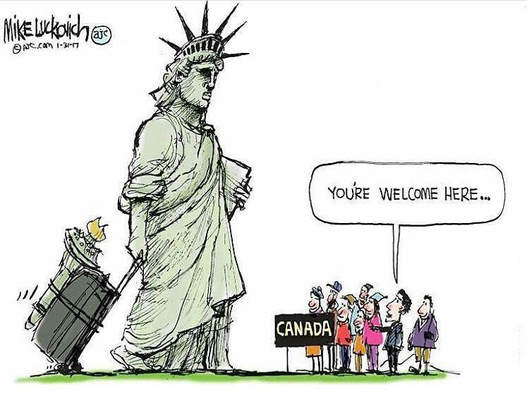
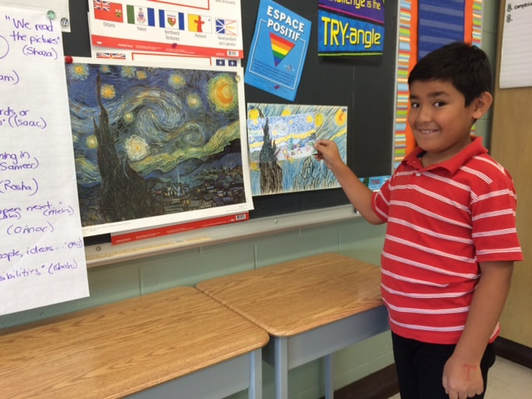
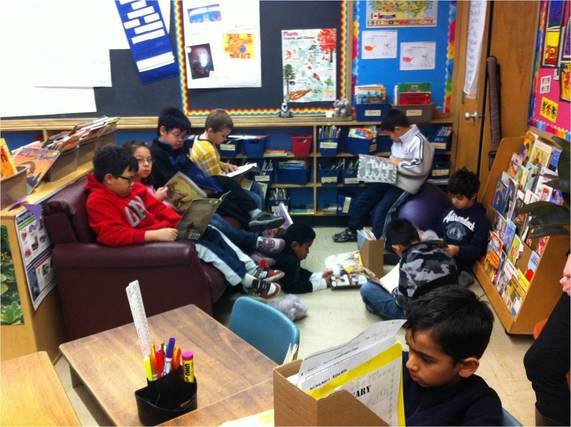
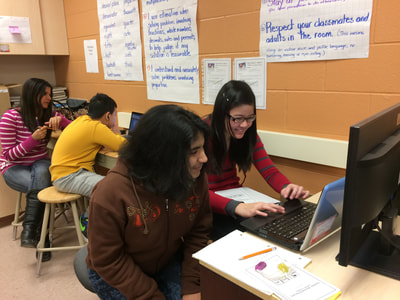
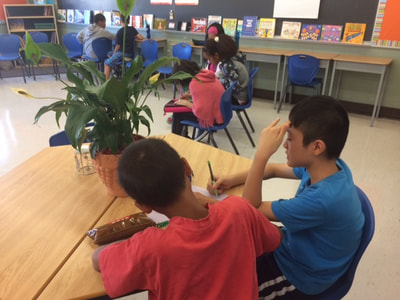
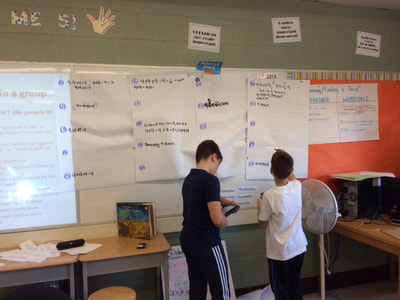
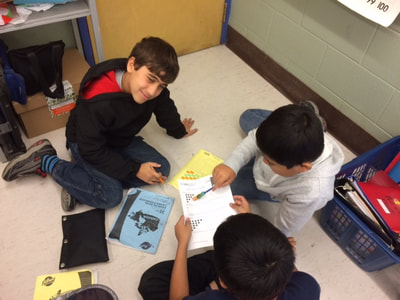
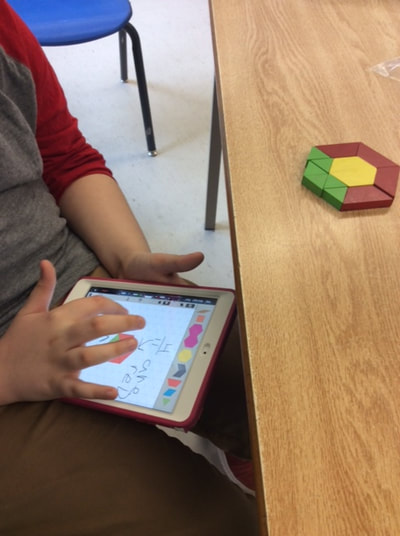
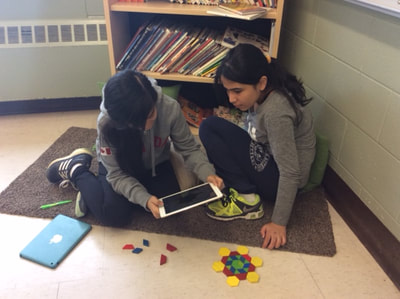
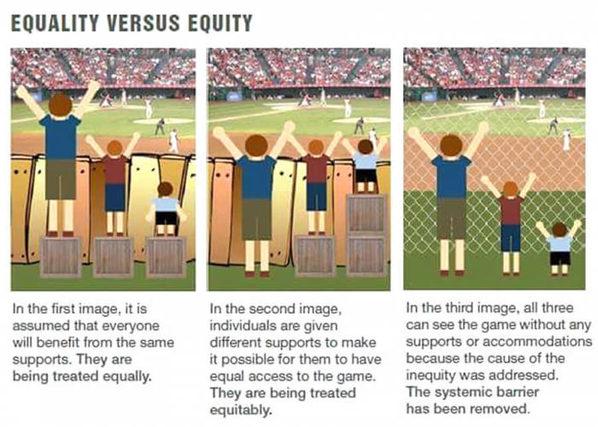
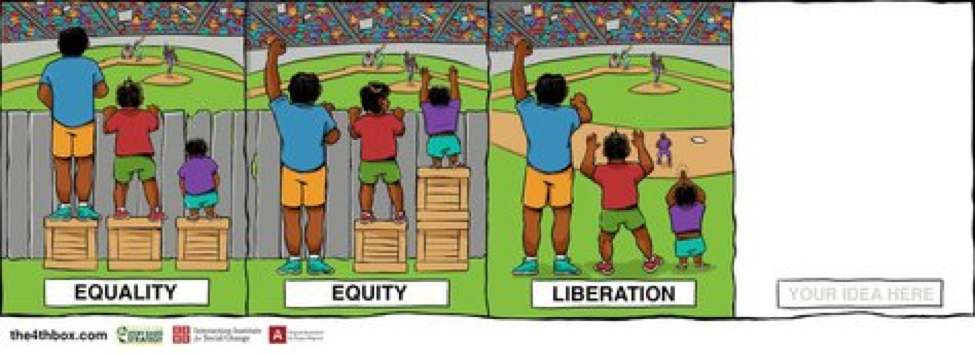
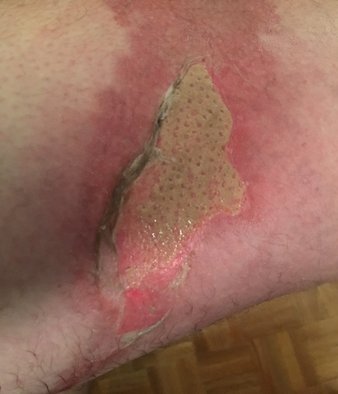
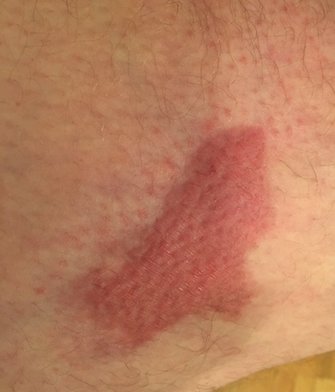


 RSS Feed
RSS Feed